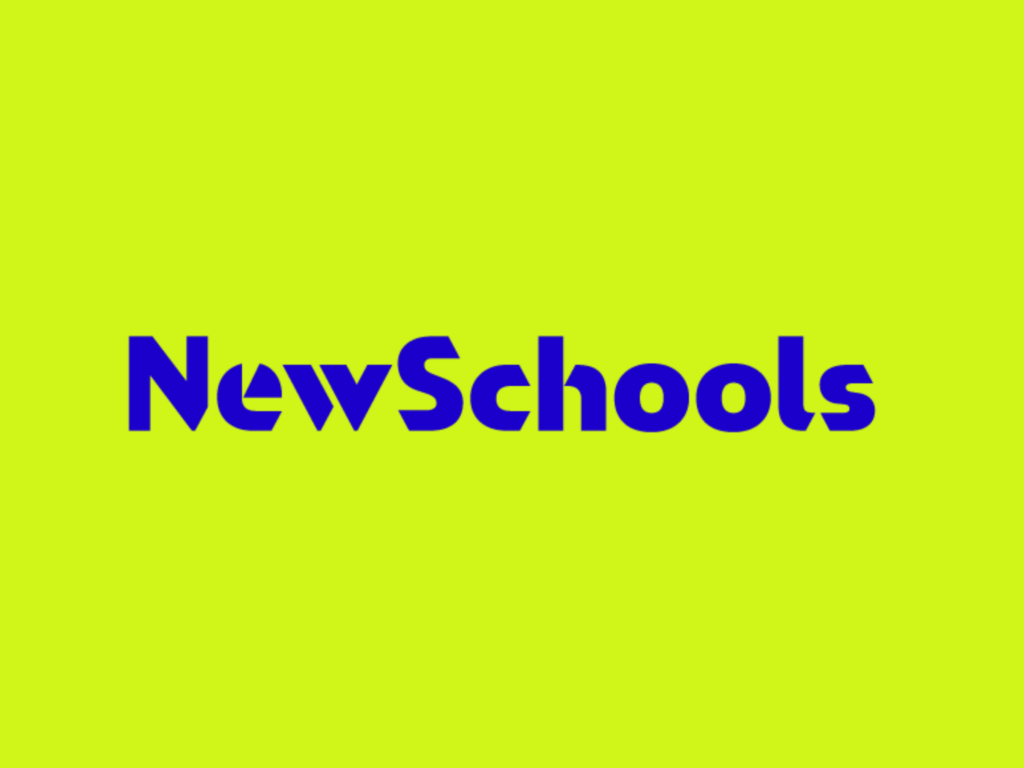 Foundations and startups are two words you don’t often see together. Typically, foundations fund established nonprofits in order to further foundations’ missions. Yet, foundations could increase their impact by finding innovative ways to work with startups.
Foundations and startups are two words you don’t often see together. Typically, foundations fund established nonprofits in order to further foundations’ missions. Yet, foundations could increase their impact by finding innovative ways to work with startups.
“Why would a foundation consider partnering with a startup?” This was one of the questions posed to me during the “Foundations And Startups: New Alliances” panel at 1776’s Challenge Festival in May. As a nonprofit investor at NewSchools Venture Fund, I fund edtech startups with philanthropic capital and reflect on this question often.
As an education-focused nonprofit, NewSchools Venture Fund is in a unique position to support edtech startups beyond financial investment. Entrepreneurs value our deep knowledge of the education market and our ability to connect them to students, teachers and administrators. Foundations like NewsSchools also often have ties to potential customers and partners that could accelerate a startup’s growth and extend its reach.
Ultimately, we believe in the power of visionary, mission-driven entrepreneurs to develop scalable solutions that will transform teaching and learning and further our mission to improve outcomes for low-income students.
However, we are among only a few nonprofit organizations with the desire, expertise, structure and capacity to make direct investments in startups. Some foundations don’t see the alignment with their mission or are philosophically opposed to funding for-profit companies. Others lack the expertise and capacity to source and support early stage companies.
While these challenges exist, I am seeing foundations start to take a more active role in advancing the edtech startup sector. A few are making program-related investments, such as The Michael and Susan Dell Foundation funding MasteryConnect. Yet, the majority of foundations are pioneering new approaches that don’t require funding edtech startups directly:
- Investing In Social Venture Funds: Foundations can provide capital through impact-oriented venture funds and leverage the funds’ expertise in sourcing and supporting startups. In 2013, the Kellogg, Lumina, Nellie Mae and Prudential foundations invested in Rethink Education, a venture capital fund that invests exclusively in edtech companies that have the capacity to positively impact communities. Matt Greenfield and Tom Vanderark give additional reasons why foundations should take this approach in their paper Boosting Impact :Why Foundations Should Invest in Education Venture Funds. The paper discusses the rise in learning technology innovation and how “government, philanthropy and private enterprise all have important roles to play to create quality learning opportunities.” The paper also provides foundations with a checklist to better evaluate impact-oriented venture funds.
- Conducting Challenges: After identifying a market gap, foundations can use challenges to incentivize startups to develop solutions addressing this gap. The Bill and Melinda Gates Foundation recently launched the Literacy Courseware Challenge to stimulate the development of courseware supporting literacy instruction. Also, The Robin Hood Foundation launched the College Success Challenge to spur the development of technology tools to improve the academic performance of underprepared college students.
- Establishing An Incubator/Accelerator: Some foundations have resources that would support the development of an incubator or accelerator. Corporate foundations, for example, may have access to employees who can provide startups with technical expertise. Last year, Zynga.org partnered with us to form Co.lab, an accelerator to support the development of high quality learning games. So far, 12 startups have participated in the program, in which they received access to tools and resources to improve and scale their educational gaming products, including hands-on mentorship from Zynga employees.
- Funding Efficacy Studies: Efficacy studies can determine whether a product or intervention has a positive effect. Foundations are well positioned to fund efficacy studies so that startups can validate their impact. These studies also impact the broader field by identifying solutions that are working. The Noyce Foundation took this approach and funded a controlled experiment to show that Motion Math’s mobile learning game improves fifth graders’ fractions knowledge and attitudes.
These approaches are likely applicable to other fields and enable foundations to support startups without the hassle of making direct investments. By continuing to identify mutually beneficial ways for foundations to engage startups, we can unlock the philanthropic capital needed to accelerate the impact of startups driving social change—so much so that on future panels we can shift the discussion to “how” and not “why” a foundation would partner with a startup.
Shauntel Poulson is a principal at NewSchools Venture Fund‘s Oakland office, where she focuses on investment strategy, due diligence and portfolio management.

